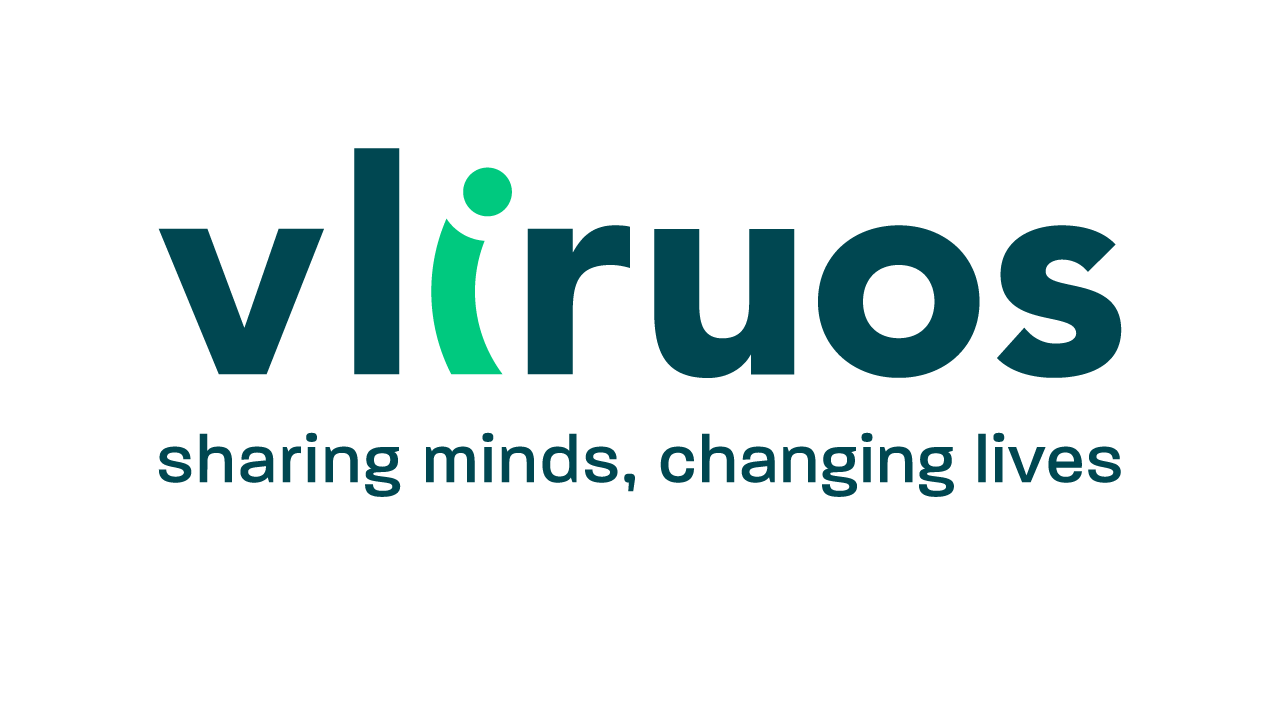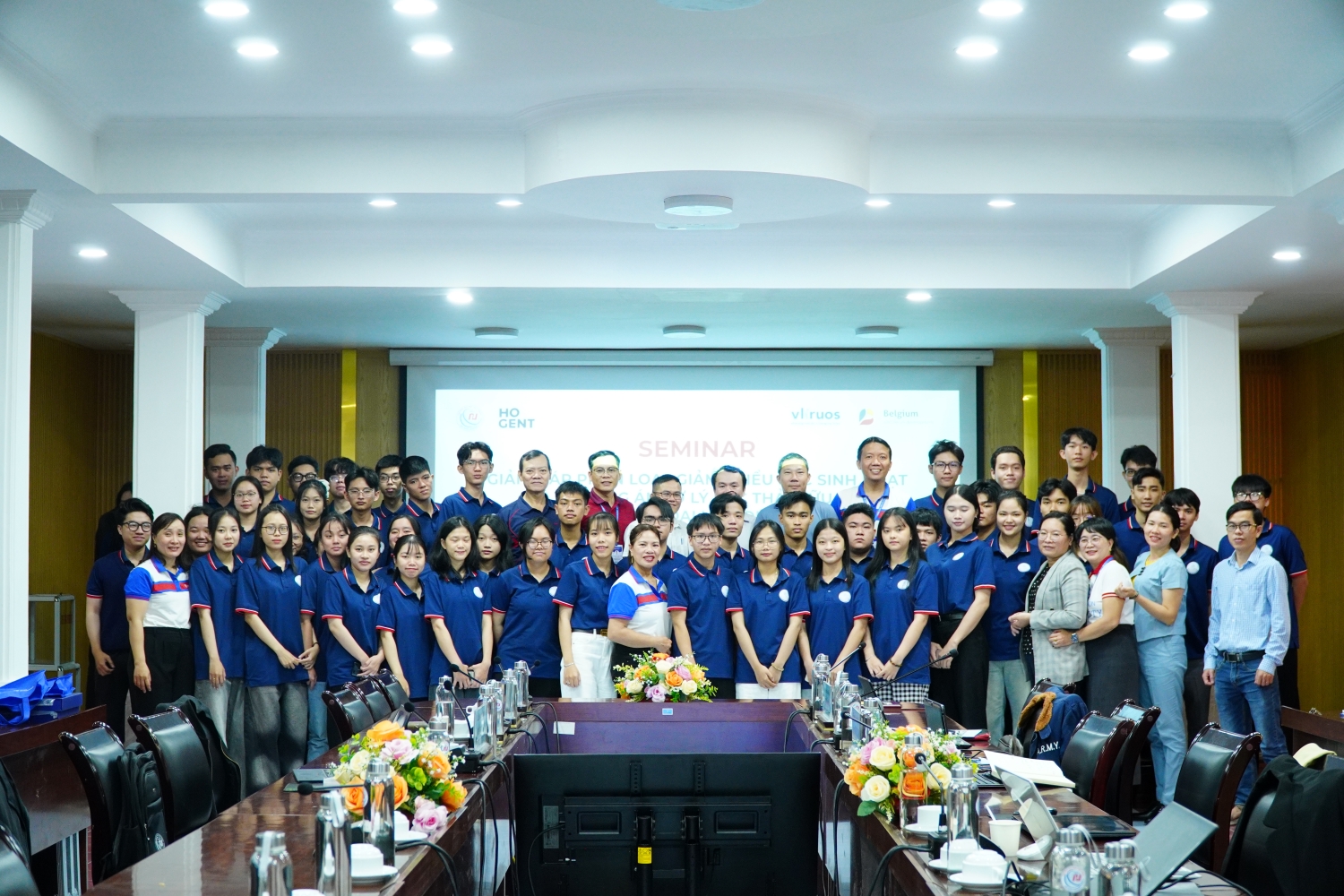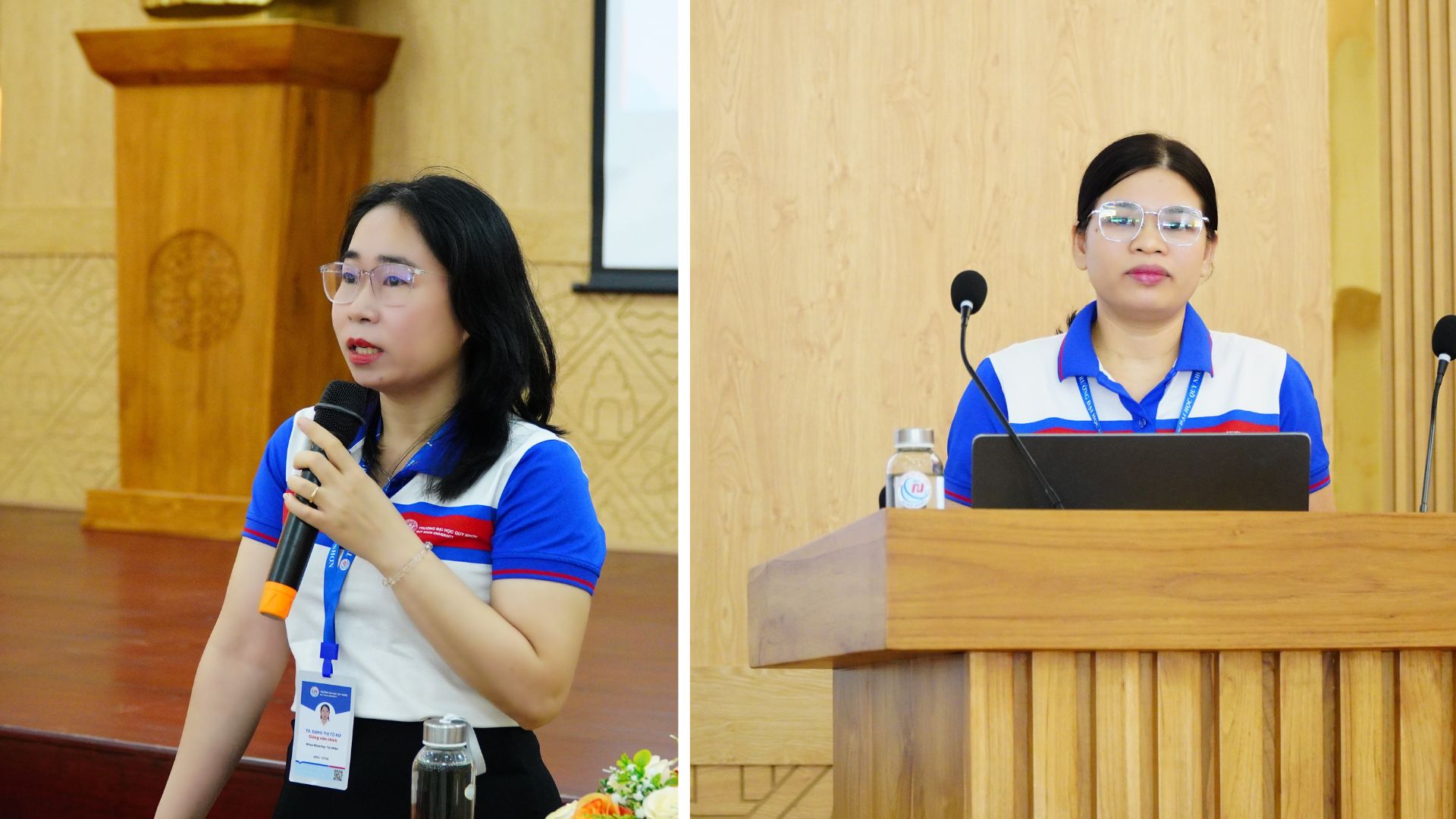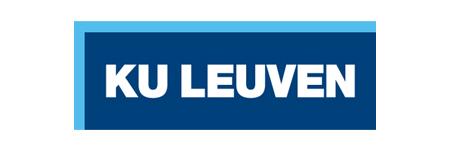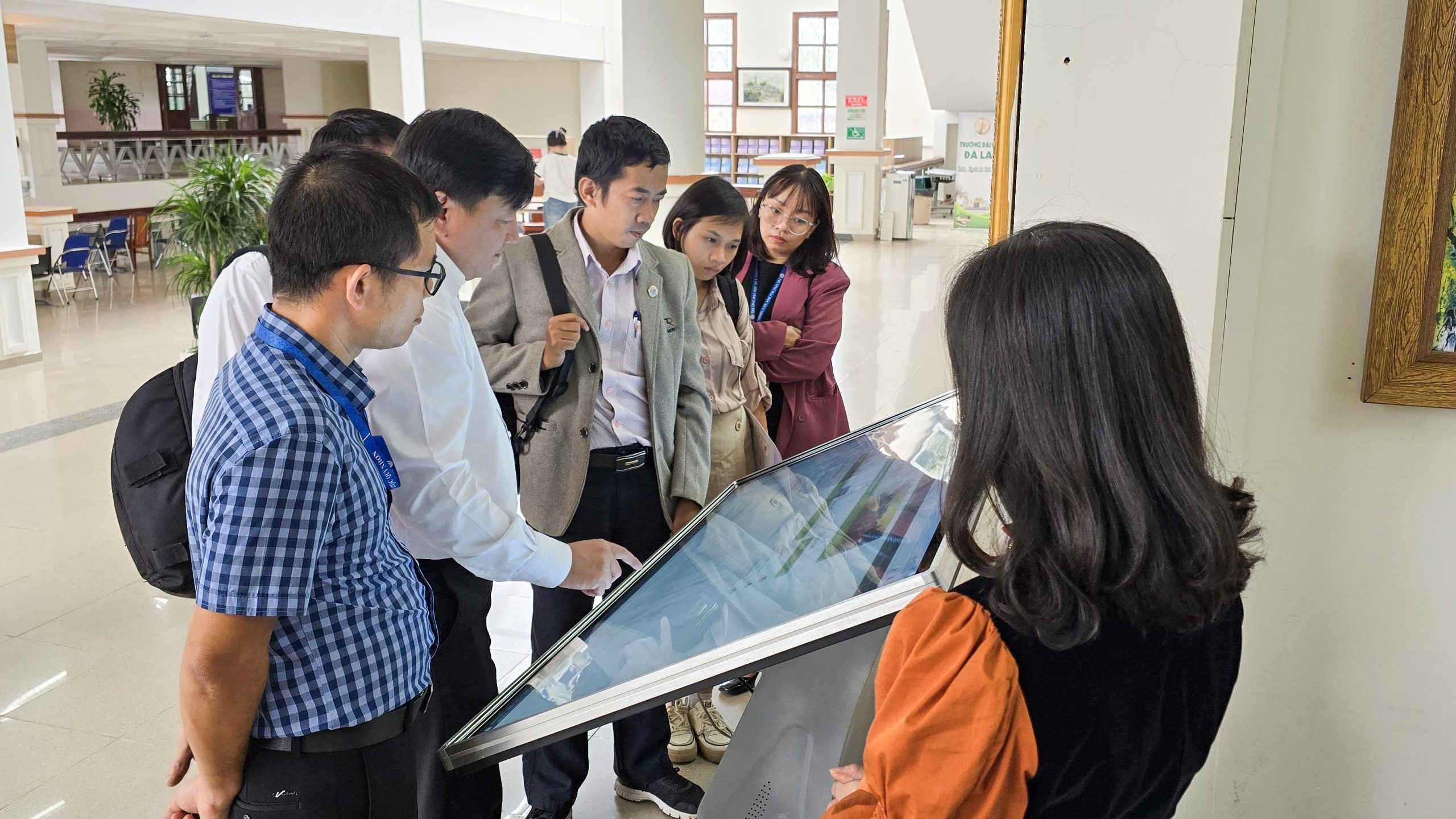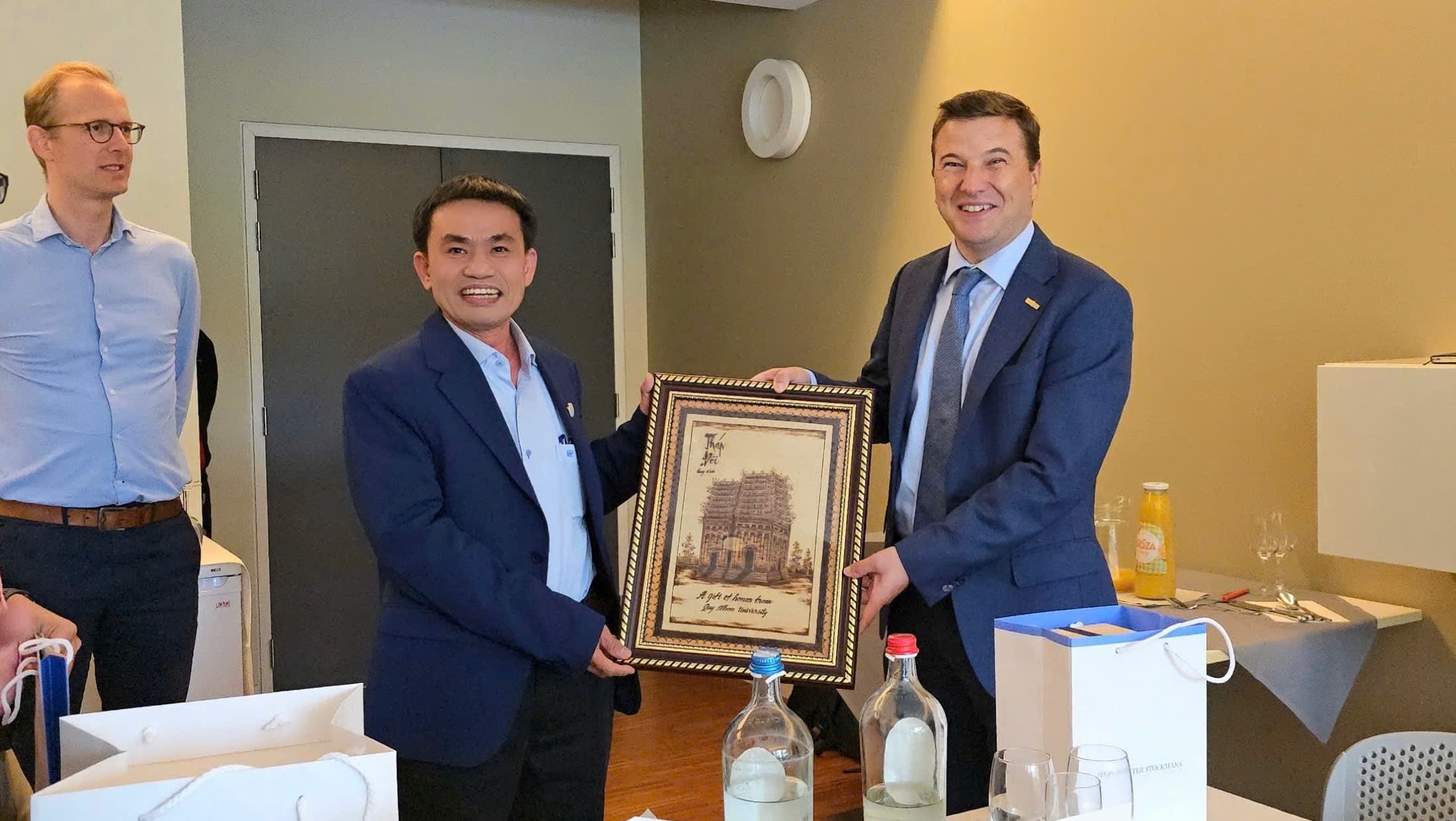TERMS OF REFERENCE FOR THE CONSTRUCTION AND IMPLEMENTATION OF THE PARTICIPATORY GUARANTEE SYSTEM (PGS) AND INCLUSIVE BUSINESS MODEL APPLICABLE TO DRAGON FRUIT SUPPLY CHAIN IN BINH THUAN PROVINCE
- INTRODUCTION
The Institutional University Cooperation Project with Quy Nhon University in Phase 1 (abbreviated as IUC-QNU Phase 1) is sponsored by VLIR-UOS (Belgium) for a duration of 5 years from September 2022. The overall objective of the project is to enhance the sustainable livelihoods of farmers and living conditions of people in the South Central Coast and Central Highlands regions of Vietnam by improving educational capacity, research, and technology transfer in the fields of agricultural, environmental sciences and renewable energy at Quy Nhon University. The IUC-QNU project involves academic collaboration with 4 Belgian universities, including KU Leuven, Hasselt University, Ghent University, and the University of Antwerp, as well as two university colleges, HOGent and VIVES. The Phase 1 of the IUC-QNU project consists of 7 sub-projects with the sub-project 5 focusing on enhancing benefits for farmers through research on risk assessment and risk management within dragon fruit supply chain.
Fruit production in Vietnam has steadily increased alongside expanding land use over the years. However, the efficiency of fruit supply chains remains suboptimal. Farmers often sell their produce at prices determined by traders due to a lack of market information and trading strategies. Before reaching consumers, their crops traverse many intermediaries (small retailers, dealers, wholesalers and distributors) due to traditional trade practices. This leads to low levels of traceability and stability in terms of the fruit quality and benefit for farmers. Like most Vietnamese fruits, the major issue in the dragon fruit supply chains is the frequent imbalance between supply and demand, leading to unsustainable production and instability of the local farmers’ income. In addition, farmers, the first actor in the supply chain, lack knowledge of quality control as well as responsibility for their agricultural products. Consequently, a pilot Participatory Guarantee System and Inclusive Business Model are proposed for implementation in Binh Thuan province as potential instruments to manage risk within the dragon fruit supply chain and enhance the livelihood of these farmers. We are looking for a group of at least two experts to perform the following two packages:
Package 1: Implementing a pilot Participatory Guarantee System (PGS) on dragon fruit, which is a quality management system that aims to enhance the involvement of multiple parties in managing and monitoring the quality of dragon fruit in Binh Thuan province in order to achieve safe quality and sustainable access to both domestic and international markets. The pilot will promote the autonomy of dragon fruit production cooperatives in operating a quality management system without depending on any external entity. To implement the pilot, the expert team together with the sub-project team will discuss and select suitable cooperatives while also organizing meetings, workshops to introduce and clarify the roles of participants. Additionally, the expert team will provide guidance, training, and support to cooperatives participating in the pilot.
Package 2: In addition to implementing the PGS for the dragon fruit supply chain established in the Package 1, the project promotes comprehensive cooperative business development. The expert team are expected to guide the sub-project team about and evaluate the production and business capacity of cooperatives through the LINK tools to identify issues related to management, organization, and business access to jointly develop suitable business models. It also encourages cooperatives to engage with buyers, managers, financial providers, and policymakers to have more effective opportunities for organizing production and business.
- EXPECTED ACTIVITIES
2.1. Expected activities on PGS pilot:
- Conduct training sessions for the members of the sub-project 5 (at least 9 lecturers of QNU) on PGS.
- Evaluate and choose locations, select production targets, and potential markets.
- Organize a workshop with local partners (businesses, local authorities) and cooperatives to introduce PGS.
- Establish the organizational structure of PGS along with its functions and responsibilities. Note that this should happen in a participatory way with the targeted cooperatives.
- Provide trainings for cooperatives and relevant parties on operationalizing/running the PGS.
- Conduct trainings and provide guidance on inspection and monitoring skills for the selected cooperative members and the sub-project members.
- Provide trainings on applicable standards and related techniques for cooperative members and record the application of PGS.
- Build capacity profiles for cooperatives.
2.2. Expected activities on Inclusive Business
- Conduct training sessions for the members of the sub-project 5 on LINK tools.
- Organize a workshop with the local partners (businesses, local authorities) and the cooperatives that participated in activities within the framework of Package 1 for training LINK tools.
- Build capacity profiles for these cooperatives.
- DELIVERABLES
3.1. Deliverables on PGS
- At least 9 lecturers are equipped to understand and able to apply the current certification process for fruit products, along with the differences in compared to Participatory Guarantee System (training of facilitators). Training materials are transferred to QNU for further training. Expected completion date: Before June 30, 2024.
- A full workshop report with all training materials and an overview of the at least 35 potential stakeholders that are well-equipped with PGS and able to support the pilot implementation, including Provincial Service Center, Service Center in a selected District, Department of Agriculture and Rural Development, Plant Protection Department, Quality Management Department, District Agriculture Office, Provincial Department of Natural Resources and Environment, Cooperatives, Leaders of Communes and Businesses. From the workshop report, one district for the implementation of a pilot Participatory Guarantee Systems (PGS) on dragon fruit is identified, and at least 20 potential households and 10 potential stakeholders for the PGS implementation are proposed. Expected completion date: Before July 31, 2024.
- A guide notebook, comprising a comprehensive PGS charter for all stakeholders, a list of plant protection drugs applicable to dragon fruit, a master plan for training standards/rules and inspection skills for both farmers and group leaders, is composed. This guide notebook needs to be approved by the local authorities. Along with this, a board with inspection and monitoring skills on dragon fruit defined by consultants is established, and the inspection plan is clearly defined. All inspected households keep their records on-site. Inspection reports are then consolidated and corrective action plans are developed. Expected completion date: Before August 31, 2024.
- At least 20 farmers can apply the rules of PGS and know how to record their production diary. Therefore, each farmer has his/her production diary. A comprehensive report on applying these farmers’ the rules of PGS in dragon fruit production is composed. Expected completion date: Before October 31, 2024.
- A capacity profile updated with comprehensive information and an eye-catching design, covering the PGS charter for each stakeholder, the list of plant protection drugs applicable to dragon fruit, and monitoring procedures in dragon production. Expected completion date: October 31, 2024.
3.2. Deliverables on Inclusive Business
- At least 9 lecturers know how to use the LINK tools to evaluate operational efficiency of farmer organizations, cooperatives, and enterprises. Training materials are transferred to QNU for further training. Expected completion date: Before October 31, 2024.
- At least 20 potential households and 10 potential stakeholders understand the concept of the inclusive business model, the significance of the LINK tools in the model; practice using the LINK tools to evaluate and design new business models or propose solutions for existing business models. A comprehensive report on applying these households’ the inclusive business model is composed. Expected completion date: Before November 30, 2024.
- A comprehensive capability profile per household with updated information and visually appealing design related to the formation history; human resource capabilities; production and processing scale; expected output; monitoring procedures; technical application processes; market identification logos and labels; and supplementary photography services to illustrate the content. Expected completion date: Before December 15, 2024.
To achieve the above deliverables, experts will carry out the following tasks:
- Collaborate with the team leader and team members of the sub-project 5 to specify all the activities to be implemented. Discuss where necessary with the Program Support Unit of the IUC-QNU Phase 1.
- Documentalize in Vietnamese the entire training process (products of group/individual exercises, plans developed during training, images of training class activities, training materials for members of the sub-project).
- Report the activities in English after completing the activities within the framework of the two packages, and one general report by finishing both packages.
- TIME AND LOCATION
- This service will be carried out from June 1, 2024 to December 31, 2024.
- Training location: Quy Nhon University and Binh Thuan Province.
- CRITERIA OF THE SELECTED EXPERTS
- Having majors in marketing, economics, agricultural economics, or related fields.
- Having experience in implementing PGS in Vietnam.
- Being able to provide invoices including the order form number upon contract completion.
- APPLICATION AND PAYMENT
- Interested candidates should apply before 05/6/2024 by submitting a detailed offer by e-mail to the emails below. The offer should contain a detailed description of the planned activities and a timeline.
- An advance payment of 20% is possible upon approval of the first deliverable. Upon request of the experts an intermediate payment can be done based on the realization of the assigned deliverables. The final payment of the remaining 20% of the total, will be done upon approval of the last deliverable. All payments are executed based on invoices.
- CONTACTS
Regarding administrative procedures, please feel free to contact:
Belgium:
Piet Wostyn
KU Leuven International Office-KU Leuven Project Manager
Naamsestraat 63
3000 Leuven
0032 (0)16 32 43 21
Vietnam:
Nguyen Van Thang
Research Affairs and International Relations Office, Quy Nhon University, IUCQNU Project Manager
170 An Duong Vuong str., Quy Nhon city, Binh Dinh pro., Vietnam
Mobile: +84 (0)978910088
Regarding knowledge on the topic, please feel free to contact:
Belgium:
Stijn Speelman
Ghent University
003292649375
Vietnam:
Truong Thi Thanh Phuong
Quy Nhon University
truongthithanhphuong@qnu.edu.vn
Mobile: +84 (0)342690412


